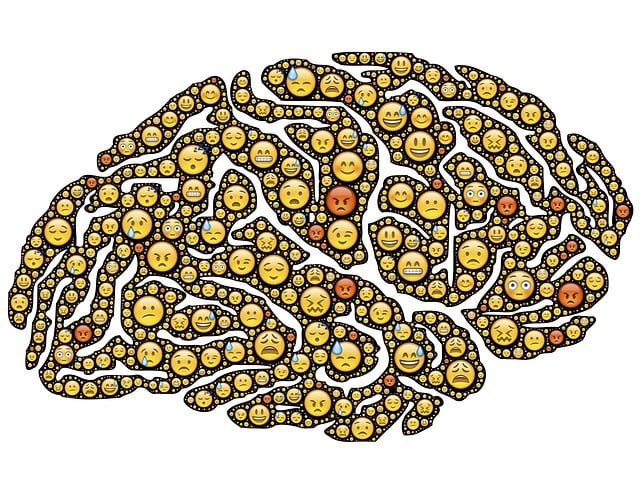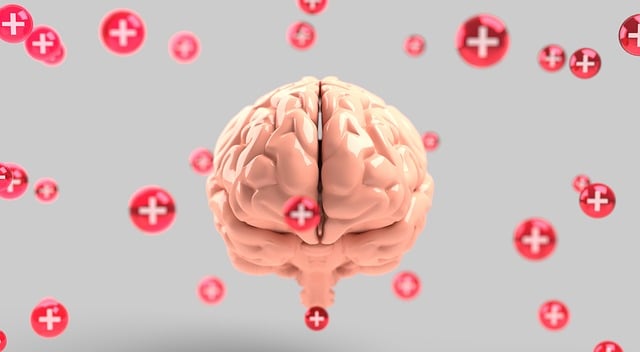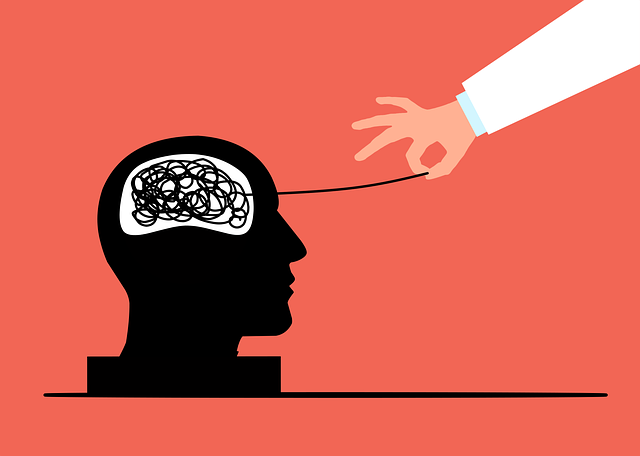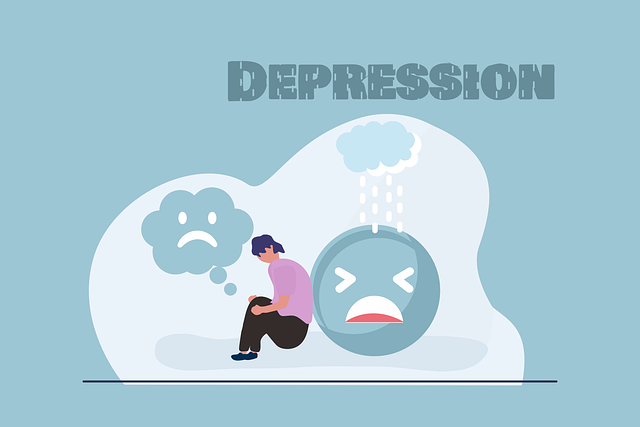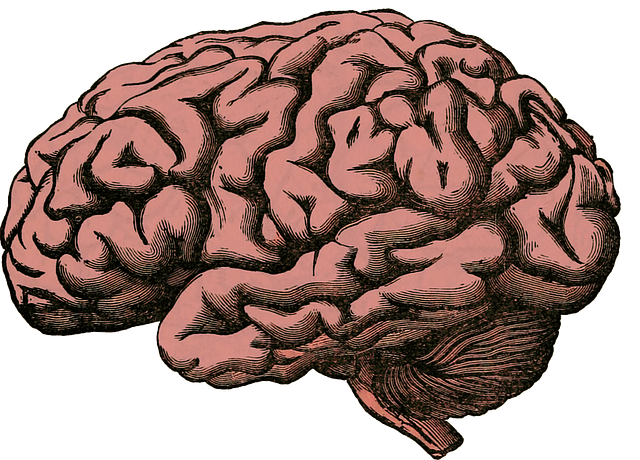Cultural competency is a critical skill for healthcare professionals, especially in mental health, as evidenced by the growing demand for services like those offered by Castle Rock Cognitive Behavioral Therapy (CR CBT). CR CBT provides structured training to enhance cultural awareness, addressing biases and offering sensitive care. Through evidence-based practices, therapists learn tailored strategies for emotional well-being, mood management, and self-esteem improvement across diverse cultures. This enables healthcare providers to create inclusive spaces, improve communication, and ultimately enhance patient outcomes in various settings, ensuring culturally competent care delivery. Strategic training integration, stakeholder engagement, public awareness campaigns, and regular program updates based on feedback and trends ensure the relevance and impact of these initiatives.
Cultural competency is an essential aspect of modern healthcare, ensuring providers understand and respect diverse patient backgrounds. This article explores why training in this area is crucial and introduces effective strategies inspired by Castle Rock Cognitive Behavioral Therapy (CR CBT). CR CBT offers innovative approaches to navigating cultural differences, enhancing patient care. We provide practical tips for implementing meaningful cultural competency training, guiding healthcare providers in delivering personalized, inclusive services.
- Understanding Cultural Competency in Healthcare: The Need for Training
- Developing Effective Strategies: What Castle Rock Cognitive Behavioral Therapy Can Offer
- Implementing Change: Tips for Delivering Meaningful Cultural Competency Training
Understanding Cultural Competency in Healthcare: The Need for Training

Cultural competency in healthcare refers to the ability of providers to understand, appreciate, and effectively interact with patients from diverse cultural backgrounds. In a society becoming increasingly multicultural, this skill is not just desirable but essential for quality patient care. Healthcare professionals need to be equipped to navigate complex cultural nuances, especially when addressing mental health concerns like those treated by Castle Rock Cognitive Behavioral Therapy.
Training in cultural competency helps providers avoid assumptions and biases that can negatively impact patient outcomes. It equips them with the knowledge and techniques needed to improve communication, build trust, and better understand patients’ unique perspectives on health and wellness. This is particularly crucial given the growing demand for mental health services, where Emotional Well-being Promotion Techniques and Stress Reduction Methods often require a nuanced cultural approach. Through comprehensive training programs, healthcare providers can learn how to deliver care that respects individual differences, fosters trust, and ultimately enhances patient satisfaction and healing.
Developing Effective Strategies: What Castle Rock Cognitive Behavioral Therapy Can Offer

Castle Rock Cognitive Behavioral Therapy (CR CBT) offers valuable strategies for developing cultural competency in healthcare providers. By integrating evidence-based practices, CR CBT equips professionals with tools to address diverse patient needs effectively. This approach focuses on understanding and challenging implicit biases, enabling healthcare workers to provide culturally sensitive care tailored to individual patients’ backgrounds and experiences.
Through CR CBT, therapists teach emotional well-being promotion techniques, mood management strategies, and self-esteem improvement exercises that can be adapted for various cultural contexts. These skills empower providers to create safe, inclusive spaces, fostering open communication and enhancing patient outcomes. The therapy’s structured framework ensures consistent learning and application of competencies required to navigate complex cultural interactions in healthcare settings.
Implementing Change: Tips for Delivering Meaningful Cultural Competency Training

Implementing meaningful cultural competency training within healthcare settings is a multifaceted process that requires strategic planning and consistent execution. To ensure the effectiveness of such programs, it’s essential to involve all stakeholders, from administrative staff to clinical professionals, in co-creating and adopting new approaches. One proven method is integrating cultural competency into existing training frameworks, aligning with evidence-based practices like Castle Rock Cognitive Behavioral Therapy (CR CBT). CR CBT offers tools for stress reduction methods and cultivating positive thinking, which can be tailored to address diverse patient populations’ unique needs.
Public awareness campaigns development can also play a pivotal role in fostering an inclusive environment. By sharing success stories and highlighting the benefits of cultural competency, these campaigns raise consciousness and encourage active participation. Regularly evaluating and updating training programs based on feedback and emerging trends in healthcare diversity ensures that initiatives remain relevant and impactful. This continuous improvement approach not only enhances patient outcomes but also strengthens the overall delivery of culturally competent care.
Cultural competency training is an essential tool for healthcare providers to enhance patient care and bridge the gap between diverse communities. As highlighted by Castle Rock Cognitive Behavioral Therapy, a comprehensive approach can revolutionize how we address cultural barriers. By implementing meaningful strategies, such as those suggested in this article, healthcare organizations can foster a more inclusive environment, ultimately improving outcomes for all patients, regardless of their background.





